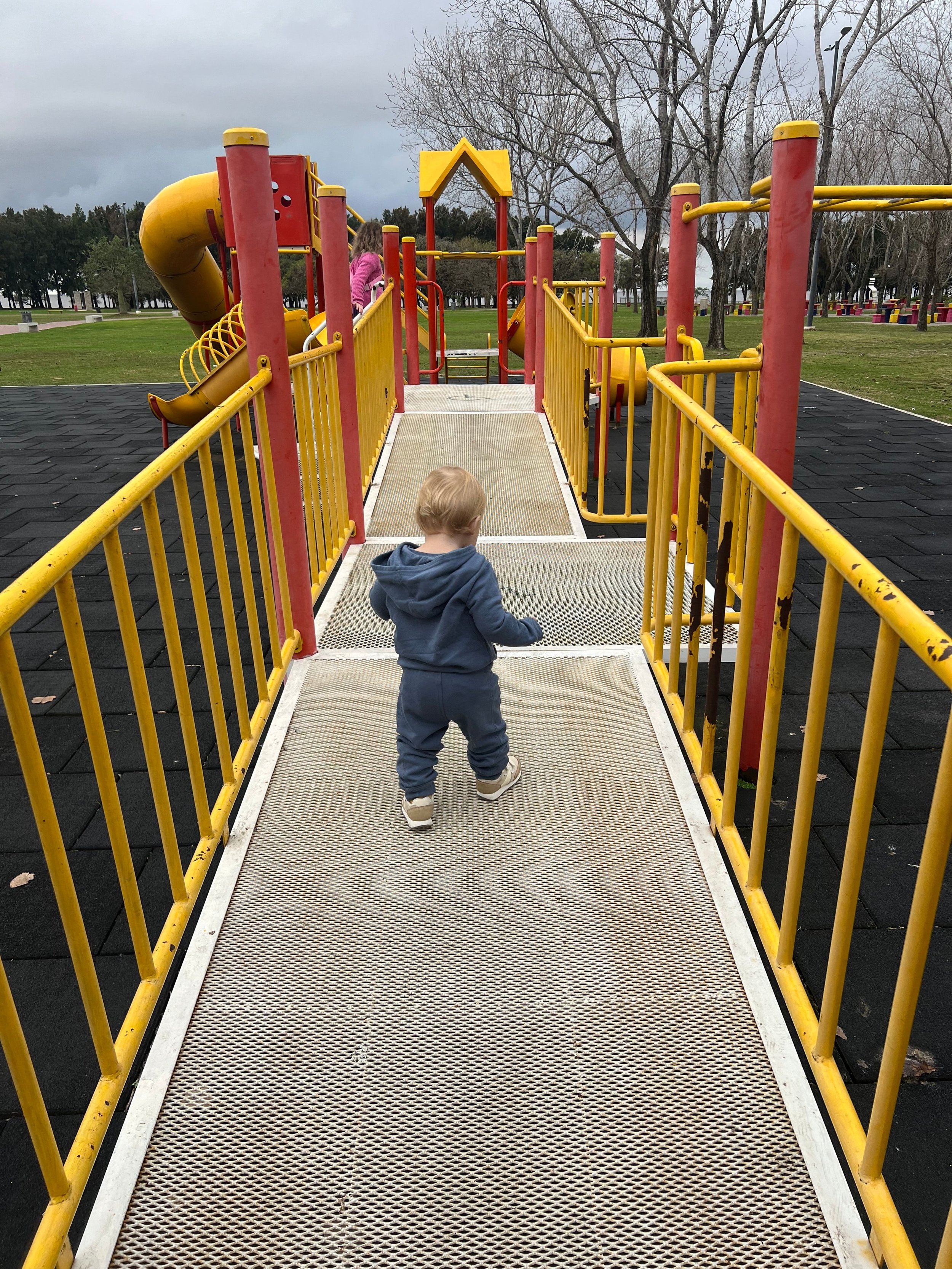Navigating the Special Education System Part 3: How to Start Advocating
Lets get back into navigating the special education system. I've talked about my personal experience as a kid, then my experience as a parent. Now I want to start getting into the nitty gritty and give information about HOW exactly to advocate. First, I want to give a couple of caveats: 1) I am not an educator or a professional, I'm a parent. There are so many other creators out there that are IEP advocates, teachers, and professionals in these fields that you should seek out, as well and do your own research. 2) I live in the United States. I have zero experience with any other country other than the United States. Along with that, many things vary from state to state and I only have experience with states I have lived in. With that, I've done a lot of research myself so let’s get started.
Where to Start and How to Get an IEP
Knowing your child needs an IEP or 504 but not knowing where to start can be very overwhelming as a parent. Through the public education system in the United States, we have the Individuals with Disabilities Education Act (IDEA) which is a federal law. It guarantees eligible children with disabilities a Free and Appropriate Public Education (FAPE). This covers children from birth through age 21. Under IDEA, a child with a disability falls under one or more of the following categories: autism, deafness, emotional disturbance, intellectual disability, multiple disabilities, orthopedic impairment, asthma, ADHD, diabetes, epilepsy, heart conditions, hemophilia, specific learning disabilities, speech language impairment, traumatic brain injury, visual impairment including blindness, and developmental delays from age 3-7. After the age of seven, they will then re-evaluate and see if that child falls under any of the other categories. This means it doesn't matter how old your kid is, you can have them evaluated through the county you live in. If you are concerned about your child having any kind of impairment when it comes to their education, you have the right to take them to be evaluated by the county whether they are school age or not.
Age 0-3
Under IDEA, section C, an infant or toddler identified as having a disability under at least one of the following areas is eligible to receive services. These areas include: physical development, cognitive development, communication development, social or emotional development, and adaptive development, with subcategories under each. The services they're eligible to receive are family training, counseling/home visits, special instructions, speech and language pathology, audiology, sign language, occupational therapy, physical therapy, psychological services, medical services, early identification, screening and assessments, health services when necessary, and social work services just to name a few. Also included are assistive technology devices like transportation and related costs necessary to enable an infant or toddler and their family to receive any services.
Now that I've given all that to you, what does it all even mean? This Act ensures that if your child is under the age of 3 and they fall into one of these categories, they're eligible for a ton of services and resources and are very often eligible for preschool if you can get them assessed by a certain age. Under IDEA, every state is required to have some kind of "Child Find" system which is called something different in almost every state. If you're already working on a diagnosis with a medical team, they should be able to help connect you to the "Child Find" organization in your county. If you're on a wait list, which is very common, or don't have a diagnosis yet, you need to know that you don't need an official diagnosis to start the process. Every state is different in what they do with the diagnosis, but federally, you don't need a diagnosis to have your child evaluated by "Child Find" because some states will take the diagnosis and put it into the IEP, 504 or diagnostic process they have. They all have to do their own diagnostic process outside of a clinician's diagnostic process is. Unfortunately, most of the time, you can't come in with a diagnosis like, for example, autism and they'll just take it. They still have to go through their own process, frustratingly enough.
The best way to initiate "Child Find" for your child is to search it for your specific county. You'll be directed to a phone number you can call. When I went through this, I talked to a very nice woman and told her I believed that my daughter was autistic and I requested to have her evaluated. They sent me paperwork in the mail and I filled it out and sent it back to them. Once you initiate the paperwork, they have 60 days to start initiating the whole process. Once you have asked for it in writing, they are LEGALLY REQUIRED to do an evaluation on your child. In our case, we had a day and time scheduled to go to the "Child Find" offices for the evaluation. We were there for around two hours. There was a SLP, a special education teacher, an occupational therapist and a few other people on a team that were evaluating my daughter. They ran her through a number of tests, many of which are standard, some of which were ones our state and county specifically used at the time. After that, they of gave us an initial response. They told us that based on the evaluation, our daughter fell under the autism category and because of that, she was eligible for a number of services. We had to agree on the services before they were able to initiate them. We agreed and were able to move forward with services.
Age 3-21
When you reach past the age of three all the way up to 21, your child is lumped into the school-aged category meaning from preschool to after high school is covered. For example, say your child is in third grade and they're having issues reading, and you believe they may possibly be dyslexic. The best thing to do is to tell the teacher you believe your child may have a disability and you want them evaluated. One of the things I have learned from my experience and from the experiences of others is do not be specific under which disability you think your child has, because you don't want anybody biased. My suggestion is to always start with the teacher and make sure every request is in writing because, once again, as soon as you have it in writing the schools have 60 days to do the evaluation. One thing I have seen, not with my child, but with other friends/family is the school will try to give some push back. The school will say they "have certain steps they need to go through in order to get the evaluation done" or they will try to push it off because its "too close to the end of the year so we can push it to next year" or a plethora of other excuses. As the parent, though, you have the right to remind them that under IDEA, it needs to be done within 60 days.
Once the evaluation process is started, the county specialists will evaluate your child and do a number of tests and assessments to determine if your child does have a disability that impacts them at school. This is where things can get a little different depending on the state and how the categorize things. When they are done with the assessment, they're required to provide you with a copy of the results and walk you through what they have concluded. Then it'll be determined whether or not your child is eligible for an Individualized Education Plan (IEP) or a 504 plan. Generally, a 504 plan allows for accommodations and an IEP changes instruction and provides services for the child in a variety of different categories.
If they come back and say your child doesn't need accommodations, you always have the right to appeal it if you don't agree with what they have concluded because you know your child best. There are times where advocates need to get involved because sometimes the law is not followed. Your county has disability advocates you can work with or you can find one on your own. Sometimes it just really helps to have someone in your corner that knows all of the rules/laws and has your best interests in mind.
Hopefully this small overview was helpful for knowing where to start in your child's education journey. In upcoming posts, I'll go over how to make adjustments and advocate during a 504/IEP meeting so stay tuned as we continue with this series. If you have questions please reach out to me. I will do my best to answer them, and if I can't answer them, I will direct you to someone I know who can.








